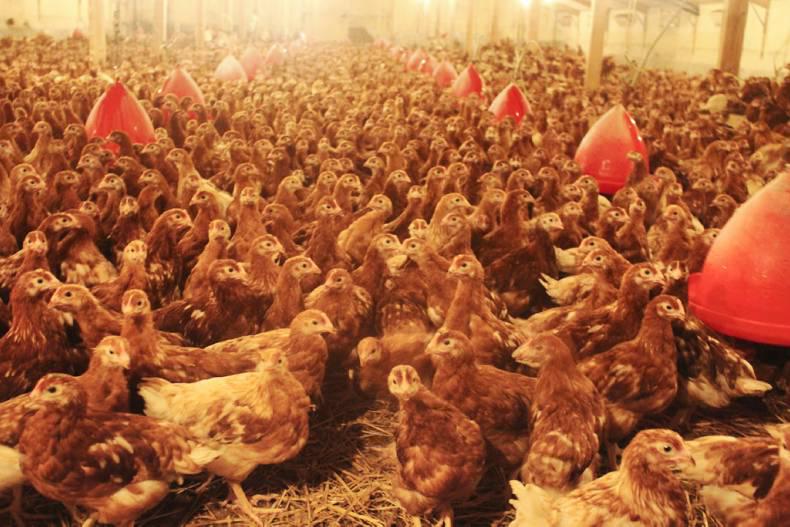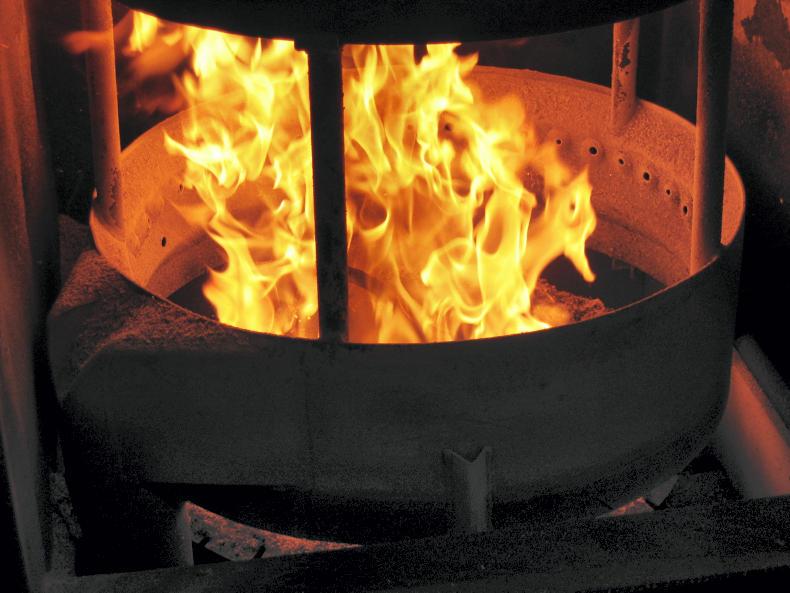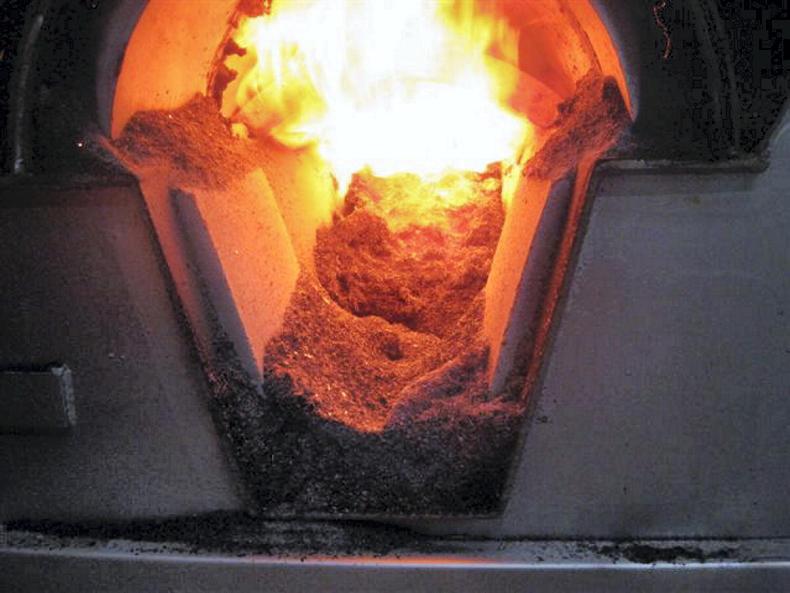Legislation will be brought before MLAs at Stormont next week proposing that the renewable heat incentive (RHI) is closed to new applicants.
It is expected that the legislation will be passed on 15 or 16 February, but it could be another couple of weeks before the scheme actually closes for applications. That potentially allows those who have already spent thousands installing new equipment to get boilers commissioned and applications in before the cut-off date.
The decision to close the RHI announced by Enterprise Minister Jonathan Bell last Friday evening came as a shock to many. There had been rumours that the RHI might be under threat, but the general assumption was that the industry would have until 31 March 2016.
However, during a meeting between officials from the Department of Enterprise, Trade and Investment (DETI) and MLAs at Stormont on Tuesday it became clear that officials have been working on an exit strategy from the scheme for a number of weeks.
The crux of the problem goes back to early September 2015 when, in an attempt to reduce costs, the announcement was made that a tiered tariff would be introduced that limited the higher rate of 6.4p/kWh to the first 1,314 hours of heat produced.
The announcement came in September, but getting new legislation in place meant that the new rate didn’t take effect until early November. In the intervening period, demand for the scheme soared.
“The spike in applications was very much larger than expected. It was almost vertical,” commented one DETI official.
At the same time came the autumn statement from the British Chancellor George Osborne when he decided to limit the amount of money paid to NI out of the UK pot for renewable heat. In effect, any new funding shortfall for RHI must be met from within Stormont’s own budget.
With the tariff payments guaranteed for seven years for domestic boilers and 20 years for non-domestic, and 1,800 domestic and 1,800 non-domestic RHI installations now in place across NI, the total cost in 2016/17 is projected to be £45m. While some of this will be met by British Treasury, the funding gap is estimated to be around £30m. It is money that must be found within Stormont’s own finances.
“It is a serious financial issue. We decided to turn the tap off as quickly as possible,” said Andrew McCormick from DETI, explaining why there has been no consultation with industry on the issue.
The fear of officials is that a lengthy consultation, with inevitable delay in scheme closure, would lead to another spike in applications, further compounding the funding shortfall.
McCormick also told MLAs that he has received allegations that some people who are receiving RHI payments are not working within the scheme requirements. Additional checks have been arranged which could cover up to one in 10 installations.
Poultry
Within the agri-food industry, one of the main sectors to use the RHI is poultry. Farmers report significant improvements in bird performance as a result of the dry heat produced from biomass. The majority of the 1,800 non-domestic installations are biomass boilers.
Commenting on the announcement by DETI, Moy Park’s director of agriculture David Gibson asked for clarity.
He told the Irish Farmers Journal: “We need immediate clarity on intentions and timescales. While this decision will not affect previously agreed contracts, my concern is for our farmer partners who have applied to join the scheme and have already committed to investment but are not yet up and running.
‘‘There are many cases where equipment has been ordered and financial commitments have been given on the understanding that the RHI would remain open to join. We need meaningful consultation on this and if the scheme is to close there must, at the very least, be a managed transition for people in the pipeline.”









SHARING OPTIONS